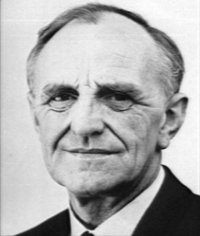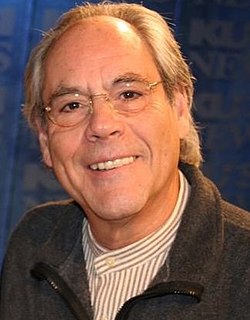A Quote by Ellen Gilchrist
I can't conceive of nursing babies and taking care of children and writing, too. I know there are writers that do that, but I'm too single-minded. I can't stand to be interrupted, whether I'm writing a story or dressing a child.
Related Quotes
The basic thing is to be humble, and pretend you're a bartender in the tavern of life. Don't get too comfortable and don't really listen to anybody else. Don't stand around with a bunch of writers and talk about writing. You know when you see plumbers at a plumbers convention, usually they're not talking about plumbing: they're talking about whatever it is that two men happen to talk about. They're talking about sports, their wives and children. I just tell my students, don't talk about writing too much, just go out and do it. Find out whatever you need to get to the mainland.
In the early days, Porter Wagoner would not exactly scold me, but he's say, 'You're writing too many damn verses. You're makin' these songs too damn long.' And I'd say, 'Yeah, but I'm tellin' a story. I have a story to tell.' And he'd say, 'Well, you're not going to get it on the radio.' If I start writing a song, I'm writing it for a reason. People would say that I had to have two verses, and a chorus, and a bridge. I tried to learn that formula.
I think a good writer is a mix of confidence (sure that what they're writing is going to appeal to their readers) and uncertainty (what if all these words are crap?). If you're too confident, you get an attitude that seeps through into your writing, affecting the characters and the story. If you're too uncertain, you'll never finish anything.
My great hope for us as young women is to start being kinder to ourselves so that we can be kinder to each other. To stop shaming ourselves and other people for things we don't know the full story on - whether someone is too fat, too skinny, too short, too tall, too loud, too quiet, too anything. There's a sense that we're all ‘too’ something, and we're all not enough.
There is the myth that writing books for children is easier than writing books for grownups, whereas we know that truly great books for children are works of genius, whether it's 'Alice in Wonderland' or the 'Gruffalo' or 'Northern Lights.' When it's a great book, it's a great book, whether it's for children or not.
On the craft level, writing for children is not so different from writing for adults. You still have to have a story that moves forward. You still have to have the tools of the trade down. The difference arises in the knowledge of who you're writing for. This isn't necessary true of writing for adults.
I didn't know how story worked. So, when writing the screenplay, people introduced me to the science of it. And I'm grateful. I'll probably use that information for the rest of my career, in terms of writing novels or writing stories. And then, of course, to help me live a better story, a more meaningful story
It's a hard thing to examine and difficult to speak for other writers, but when I look at my own writing there is often too much reticence. And that's a flaw I have as a person as well. I'm too reticent. I'm non-confrontational to a fault. And I'm risk-averse, which probably shows in my sentences. The aversion to long lines, the tendency to strip things back and be spare. My writing is an act of erasure that's tied up with my personality. I can easily produce a ninety thousand word chunk of writing and then cut back and back until I've only got ten thousand words. Or nothing.







































